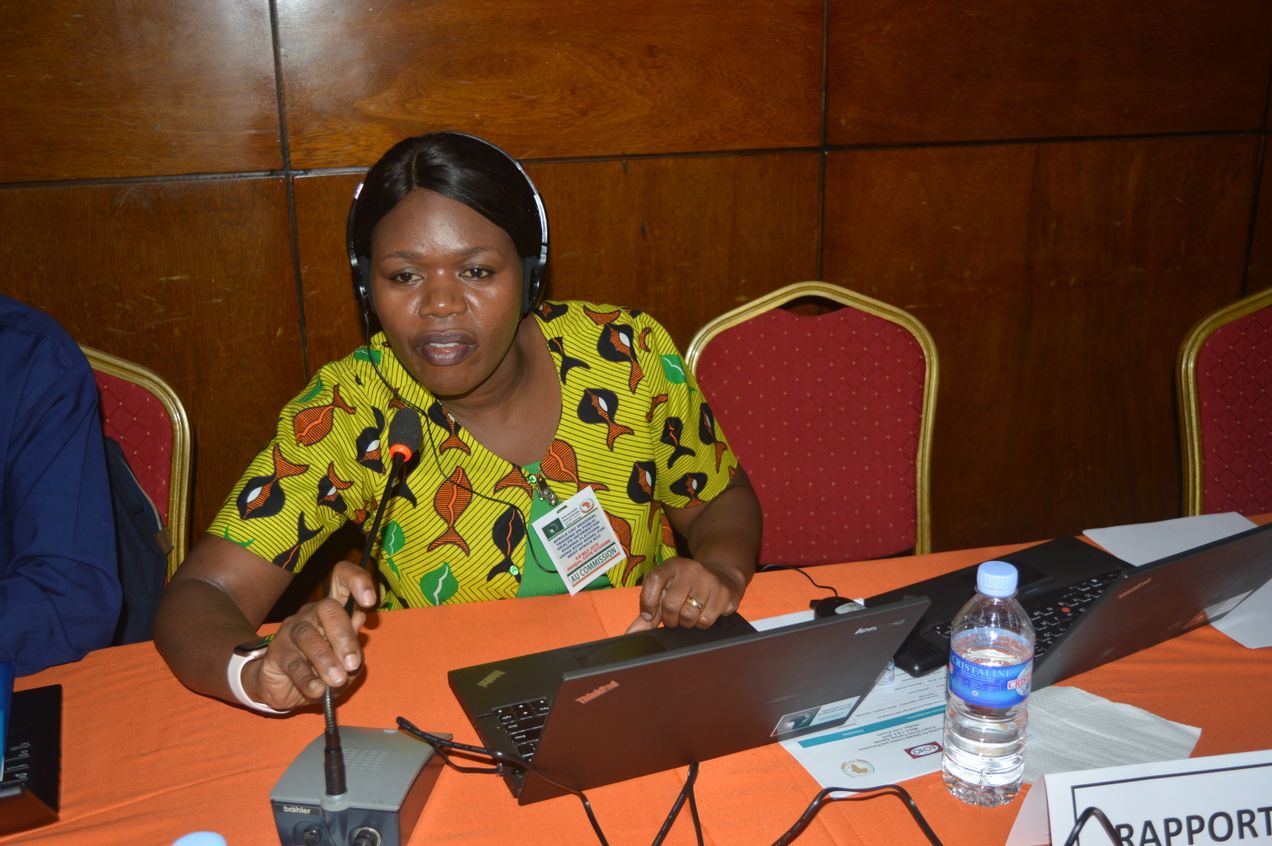
Changing Course and Embracing Therapy
Kamau Njonjo reflects on his journey towards self-discovery gained via therapy.
Sheltering in place during most of this pandemic led me to change my perspective on a number of issues, a consequence of spending a lot of time alone with my thoughts. A lot of this came on the back of the difficult year that was 2019: health issues for months without a diagnosis; excessive weight gain due to being sedentary and using food as an emotional crutch; and financial difficulties.
This pandemic turned out to be a good thing for it allowed me to pause life and process all the aforementioned issues which had been impossible to do prior. A friend recommended consulting a psychiatrist to help with my issues. As I had had a turbulent history with psychiatrists since being diagnosed with depression years ago, I wasn't sure my encounter with this one would be any different. But I kept an open mind.
No one tells you how much work therapy entails
The first appointment was vastly different to any psychiatrist session before: I felt seen and heard; my concerns on medication dosages and side effects were addressed and my opinions on the kind of therapist I preferred were taken into account. I got a great therapist referral and the true work began.

No one tells you how much work therapy entails. My psychiatrist and I talked about stress management - something I struggled with - and I discovered that this is an ongoing process that requires multiple tools. I needed to identify the sources of stress in my life by recording all instances of stress over a period of time in a stress journal and events surrounding these situations to identify triggers. This requires examining one's attitudes, habits and excuses with brutal honesty.
My breakthrough came when we talked about unhelpful thinking habits.
In addition, we talked about how I dealt with stress (eating a lot), and then she taught me better coping mechanisms. Can I avoid anticipated stress? Alter the situation or adapt to it? Finally, can I accept that this situation will likely always stress me and gain peace through acceptance? It hasn't been easy - a lot of writing in the stress journal is required and one has to be conscious of every action everyday, which was difficult for me in the beginning but I'm getting better at it.
Amazingly, removing food as a comfort tool has had the side effect of weight loss. I ate less when I apply stress management techniques, which has led to substantial weight loss - 25 kg so far. Some of the weight came off via physical exercise to reduce stress and eating reduced portions. An added bonus to my weight loss has been an improved body image.
My breakthrough came when we talked about unhelpful thinking habits. I leaned towards mental filtering (picking a part of a situation and focusing solely on the negative), personalisation (blaming myself for everything that goes wrong even when I'm not at fault) and black and white thinking (everything is one extreme or the other.) These definitions made it easier to recognise when I slipped back into an unhelpful train of thoughts.

It took me six sessions to realise that most people know their problems, but sometimes they need to verbalise in order to resolve them. For instance, talking through my financial anxiety helped me see that not having money in the past had created a scarcity mentality, which requires reaffirming that my financial situation has improved to change my perception.
I am glad I heeded my friend's advice to seek therapy as I have a better understanding of the connection between action and reaction, that when you make decisions, in my case starting therapy as well as working on myself mentally and physically, life begins to conform a little bit more to the one you envision.

